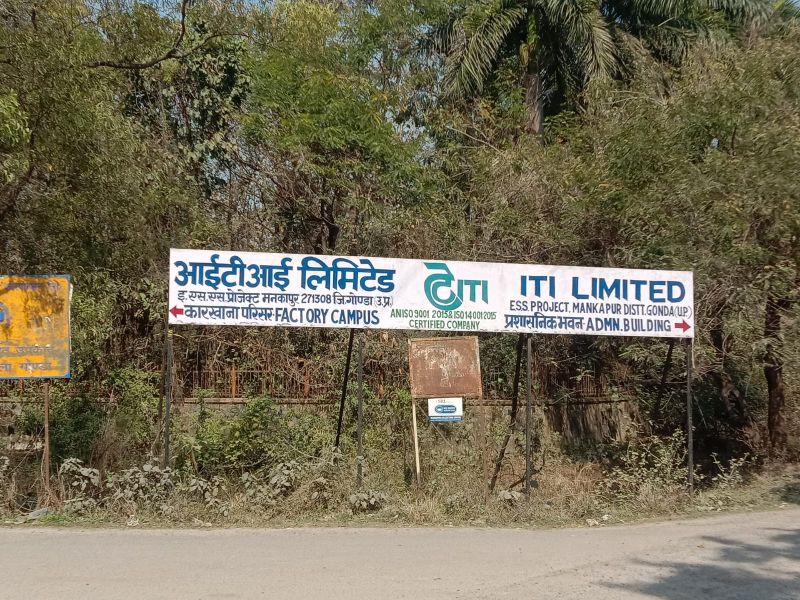TGovernment of India, along with the Ministry of Telecommunication, has invested billions of rupees in revitalizing the state-owned telecommunication entity, BSNL. Before the entry of the private sector into the telecommunications field, BSNL and MTNL were the only companies offering telephony, broadband, and mobility services. However, with the entry of private entities into the telecommunications arena, the state-owned communication sector began to decline.
BSNL offered services in all states of India except the metropolitan cities where MTNL provided services. Both entities were under the Department of Telecommunications of the Government of India. The state-owned telecommunication entities were mandated to use telecommunication equipment manufactured in India, while private sector telecommunication entities were free to purchase equipment from any part of the world, including China. This restriction hindered BSNL and MTNL from developing and improving their telecom infrastructure. Additionally, during the 3G spectrum bidding, state-owned telecommunication entities BSNL and MTNL were excluded from the list by the then government of India under the Congress Party regime, preventing them from participating in the spectrum auction. Consequently, people began switching to other telecom operators such as Airtel, Vodafone, Idea, Tata Telecommunications, Videocon, Reliance Communications, and Aircel, among others.
The Government of India introduced Mobile Number Portability (MNP), granting consumers the freedom to switch operators without changing their mobile numbers. Due to the inadequate telecommunication infrastructure of MTNL and BSNL, many people opted to switch to different operators. Consequently, with intense competition in the market, most telecommunication companies began to falter, exiting the market, merging with other operators, or declaring bankruptcy. Meanwhile, although BSNL and MTNL obtained approval for 3G spectrum, other operators swiftly transitioned to providing 4G services, leading to a significant decline in the consumer base of MTNL and BSNL.
The entry of Reliance Jio, which launched as a 4G operator, further exacerbated the situation. Other telecommunication operators like Airtel, Vodafone, and Idea experienced declines in their customer bases. While Reliance Jio was launched at the end of 2015, it gained popularity in 2017 by employing a marketing strategy of distributing free unlimited calling and internet under the guise of a 4G service trial. This move by Reliance Jio dealt a significant blow to the telecom industry. Existing operators were compelled to reduce the costs of their plans to compete with Reliance Jio. However, by leveraging the trial strategy, Jio expanded its consumer base. Furthermore, it utilized the existing telecommunication infrastructure of Reliance Communications, which had declared bankruptcy and exited the market, with its infrastructure transferred to Reliance Jio.
Furthermore, it has been reported that due to losses, MTNL and BSNL began renting out their telecommunication infrastructure, including offices, to cover expenses such as salaries and pensions. Reliance Jio rented most of the towers from MTNL and BSNL and started providing 4G services, experiencing the highest growth ever recorded in the telecommunication sector.
Meanwhile, while other telecommunication providers were struggling to provide 3G and 4G services, MTNL and BSNL were still operating on outdated 2G infrastructure. Furthermore, the launch of 5G services by Reliance Jio posed another significant challenge for all telecommunication operators, especially for state-owned ones. The Department of Telecommunications of the Government of India decided to merge BSNL and MTNL and allocated thousands of crores to improve their infrastructure. However, being government entities, most of the funds were diverted to cover salaries, pensions, and other expenses.
At this point, the biggest challenge for BSNL is its survival in the telecom industry. Observing the dire condition of BSNL, the BJP-led government of India in 2024 assigned the responsibility of installing and maintaining 1 lakh towers throughout India to a private entity, TCS, and provided 15,000 crores in funding.
BSNL, once one of the biggest and oldest state-owned companies, is now struggling for survival. Despite reducing service fares to the lowest levels, there has been no indication of an increase in BSNL’s consumer base. The reason is evident: BSNL lacks network coverage in both rural and urban areas of India. In the realm of 5G, BSNL is still working to bring 4G services. Now, the future lies in the hands of the Government of India.
Today, BSNL is primarily recognized for providing landline connections in urban areas and to government organizations. However, this service is limited to cities. Despite having optical fiber infrastructure installed in suburban areas, BSNL is not offering these services. An RTI application filed by an applicant revealed that optical fiber is available in Maskanwa (situated in Uttar Pradesh East), and the service can be obtained by contacting the local BSNL office.
Upon visiting the nearest BSNL office in Maskanwa, located 14 kilometers away, the applicant found the condition of the office to be appalling. Employees at the telephone exchange center cum office were seen in innerwear, roaming around aimlessly, while senior officials were comfortably seated in fully air-conditioned rooms. This highlights a lack of professionalism among BSNL employees.
We purchased a BSNL SIM and conducted a test within a 5-kilometer radius but did not receive any network signal, not even a single bar. In fact, the seller of the BSNL SIM outside the court premises in Gonda had to use a hotspot for the registration process. This indicates that even in urban areas, BSNL lacks network strength and is often unavailable.

